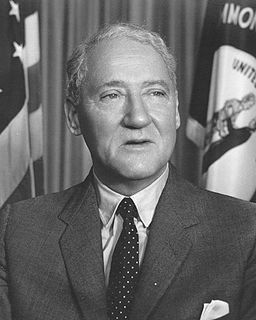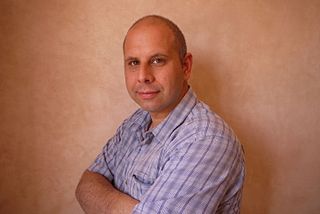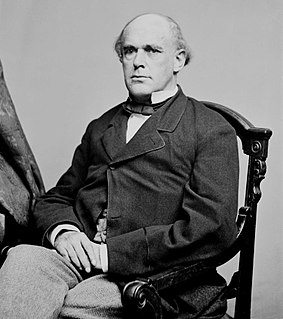A Quote by Fredrik Bajer
To read the report of a discussion in which arguments for and against are presented, in which a subject has been covered from different points of view, with new ideas advanced - this is far more instructive than to read a brief account of the resolution passed on the matter.
Related Quotes
we have not been impressed with any attribute of the Senate other than its appearance and manners. We have heard the best speakers: they all fire off speeches which deal with the entire subject in general terms and which do not attempt to debate, to answer opponents' arguments or offer new points for discussion. And the speeches are constantly degenerating into empty rhetoric; they abound in quotations from well-known authors or from their own former speeches.
Ah, I fancy it is just the same with most of what you call your emancipation. You have read yourself into a number of new ideas and opinions. You have got a sort of smattering of recent discoveries in various fields - discoveries that seem to overthrow certain principles which have hitherto been held impregnable and unassailable. But all this has only been a matter of intellect, Miss West - superficial acquisition. It has not passed into your blood.
Astronomers have a common ground for discussion with musicians in the harmony of the stars and musical concords in tetrads and triads of the fourth and the fifth, and with geometricians in the subject of vision; and in all other sciences many points, perhaps all, are common so far as the discussion of them is concerned. But the actual undertaking of works which are brought to perfection by the hand and its manipulation is the function of those who have been specially trained to deal with a single art.
If you are resolutely determined to make a lawyer of yourself, the thing is more than half done already. It is but a small matter whether you read with anyone or not. I did not read with anyone. Get the books, and read and study them till you understand them in their principal features; and that is the main thing. It is of no consequence to be in a large town while you are reading. I read at New Salem, which never had three hundred people living in it. The books, and your capacity for understanding them, are just the same in all places.
Philosophy by showing - including philosophy in literature - does truly valuable work in leading us to new perspectives from which our arguments can then begin. It does so by introducing new synthetic complexes, which we then reflect on from various points of view. When the complexes survive and grow, that initial showing has been philosophically decisive.
By the time I got to school, I had already read a couple hundred books. I knew in the first grade that they were lying to me because I had already been exposed to other points of view. School is basically about one point of view -- the one the teacher has or the textbooks have. They don't like the idea of having different points of view, so it was a battle. Of course I would pipe up with my five-year-old voice.
I have rarely read anything which has interested me more, though I have not read as yet more than a quarter of the book proper. From quotations which I had seen, I had a high notion of Aristotle's merits, but I had not the most remote notion what a wonderful man he was. Linnaeus and Cuvier have been my two gods, though in very different ways, but they were mere schoolboys to old Aristotle.
Once in a very long time you come across a book that is far, far more than the ink, the glue and the paper, a book that seeps into your blood. With such a book the impact isn't necessarily obvious at first...but the more you read it and re-read it, and live with it, and travel with it, the more it speaks to you, and the more you realize that you cannot live without that book. It's then that the wisdom hidden inside, the seed, is passed on.
I follow my own nose. So I read things that are different. People will always say to me, "Have you read Robert S. Bosco's latest novel?" or "Have you read so and so's history of Peru, which is reviewed in the New York Review of Books and the New York Times and has a buzz about it?" I don't even know what you're talking about. I'm like from another planet. I'm a pygmy from the jungle.





































